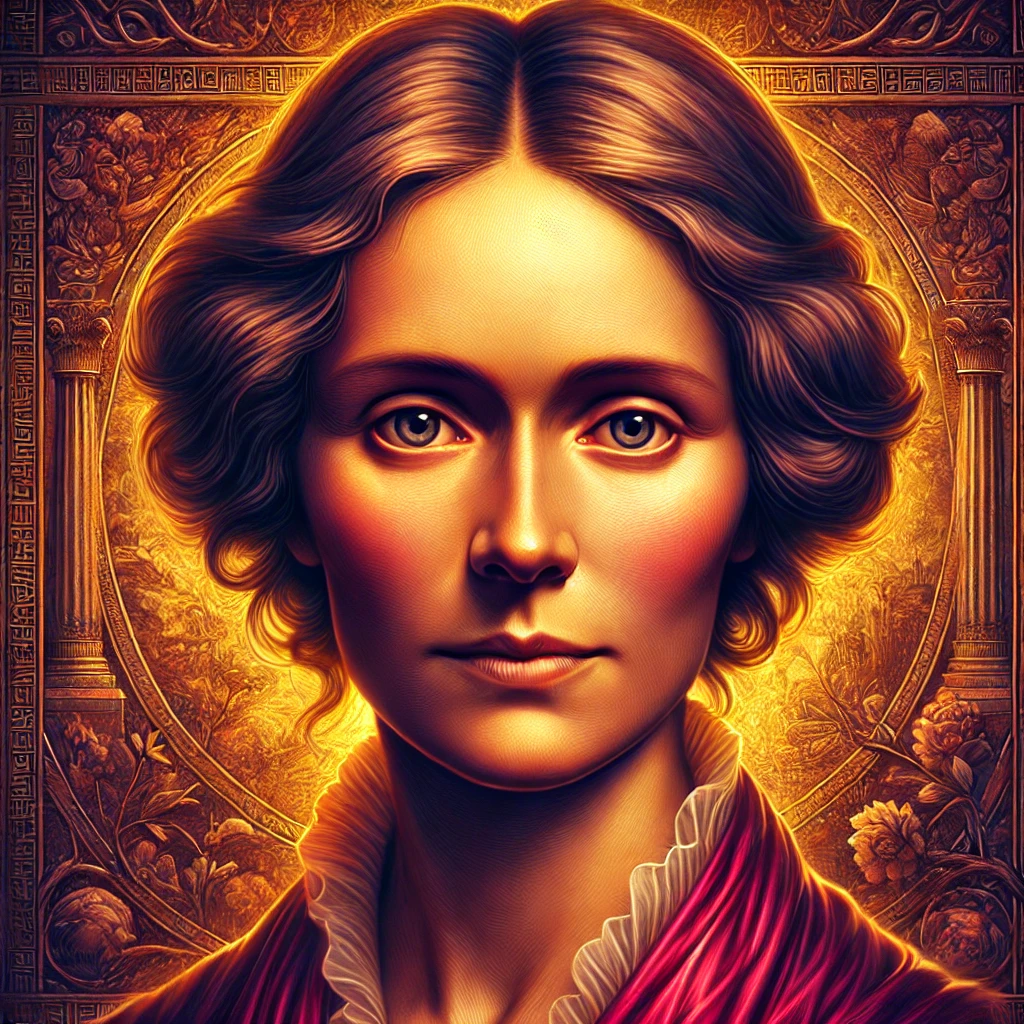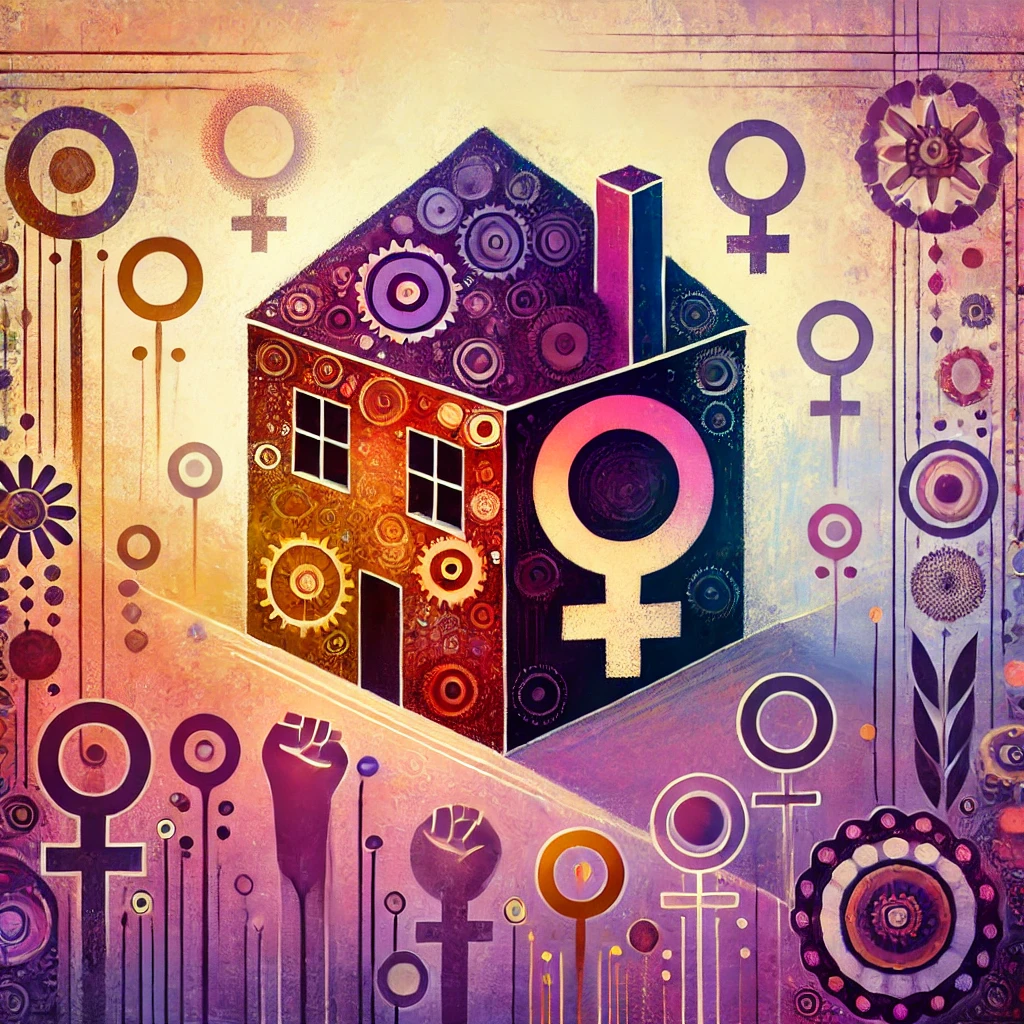Mary Wollstonecraft

Birth Date: 1759-04-27
Death Date: 1797-09-10
Place of Birth: England
Place of Death: England
Century: 18th
Region: Europe
"I do not wish women to have power over men; but over themselves."
Born in London, England, Wollstonecraft was a writer, philosopher, and advocate for women’s rights. Her works addressed the limitations placed on women in society, particularly in terms of education, and she argued that women should have the same opportunities as men to develop their reason and morality.
Wollstonecraft was a pioneer of feminist thought, advocating for women's education and equality. She believed that women are rational beings who deserve the same opportunities as men. Her ideas emphasize the need for social and educational reforms to achieve gender equality.
A Vindication of the Rights of Woman: Wollstonecraft’s most famous work, arguing for women’s education and equality. She challenges the notion that women are naturally inferior to men and advocates for their full participation in society. Thoughts on the Education of Daughters: An earlier work where Wollstonecraft discusses the importance of educating girls to be rational and independent thinkers.
Wollstonecraft was influenced by Enlightenment thinkers such as John Locke and Jean-Jacques Rousseau, though she critiqued Rousseau’s views on women. She was also shaped by the ideas of the French Revolution, which emphasized liberty, equality, and individual rights.
Wollstonecraft’s work has influenced generations of feminist thinkers and activists. Her ideas laid the groundwork for later feminist movements and continue to inspire discussions on gender equality, education, and women’s rights.
Wollstonecraft’s unconventional personal life, including her relationship with the philosopher William Godwin and her out-of-wedlock pregnancies, caused scandal in her time. Her feminist ideas were also controversial, as they challenged deeply ingrained societal norms regarding women’s roles.
Many critics in Wollstonecraft’s time rejected her arguments for gender equality, believing that women were naturally inferior to men. Even some Enlightenment thinkers like Rousseau argued that women’s primary role should be in the home, which Wollstonecraft vehemently opposed.
Wollstonecraft’s ideas on women’s rights and education have had a lasting impact on feminist philosophy. Her work continues to be a cornerstone of feminist thought and is studied widely in discussions about gender, equality, and the role of women in society.
Wollstonecraft’s daughter, Mary Shelley, would go on to become a famous writer herself, best known for her novel 'Frankenstein.' After Wollstonecraft’s death, her husband William Godwin published her memoirs, which revealed her unconventional personal life and caused a temporary backlash against her legacy.





